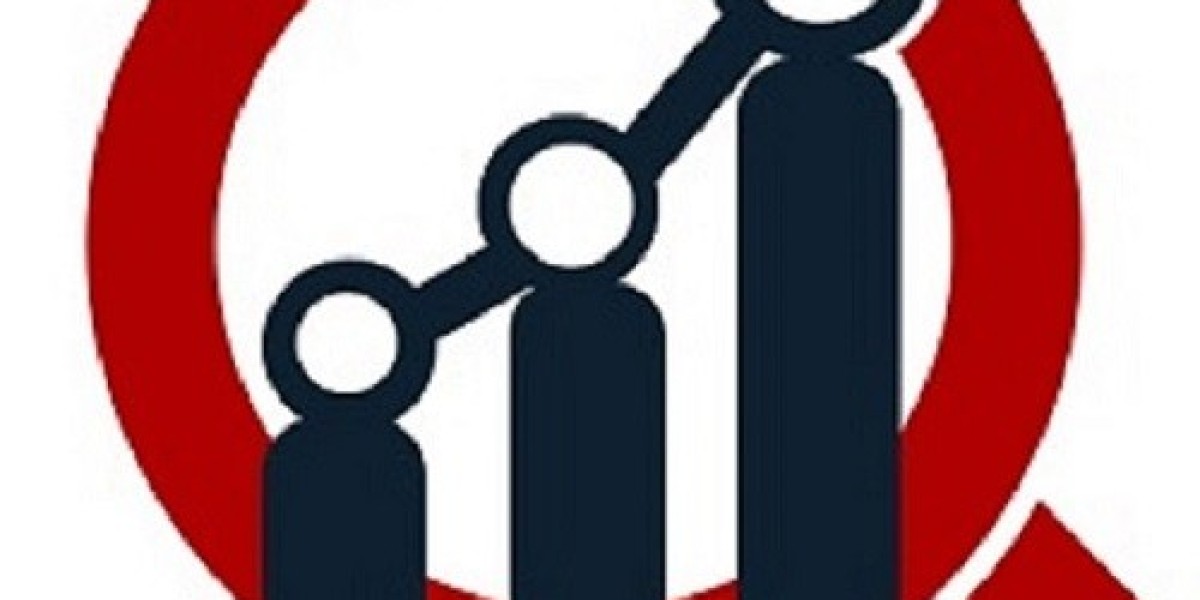Enterprise Governance, Risk, and Compliance (EGRC): Building Resilient and Accountable Organizations
Enterprise Governance, Risk, and Compliance (EGRC) is a strategic approach that integrates governance, risk management, and compliance activities into a unified framework. As organizations grow in size and complexity, managing these aspects efficiently has become vital to ensure transparency, mitigate risks, and adhere to regulatory obligations.
What is EGRC?
EGRC refers to the coordinated approach that aligns corporate governance practices, risk management protocols, and compliance with legal and regulatory frameworks. It ensures that organizational objectives are achieved ethically, operations run efficiently, and all risks are adequately identified and mitigated.
Key Components of EGRC
Governance:
Ensures strategic direction and performance alignment with organizational values and stakeholder interests. It includes decision-making frameworks, board oversight, and accountability structures.Risk Management:
Identifies, assesses, and mitigates risks that could disrupt operations, reputation, or profitability. This involves both operational and strategic risks.Compliance:
Adheres to internal policies, industry standards, and government regulations such as GDPR, HIPAA, SOX, or ISO standards.
Benefits of an Integrated EGRC Framework
✅ Enhanced Visibility and Control
Breaks down silos, enabling leadership to view risk and compliance metrics across departments.
✅ Regulatory Readiness
Streamlines audits and ensures consistent compliance with evolving regulations.
✅ Proactive Risk Management
Improves risk forecasting and response time with real-time monitoring tools.
✅ Operational Efficiency
Reduces duplication of efforts by integrating governance, risk, and compliance processes.
✅ Improved Decision Making
Facilitates data-driven decisions that align with organizational goals and compliance requirements.
Applications Across Industries
Banking & Finance: Regulatory reporting, fraud risk management, anti-money laundering compliance.
Healthcare: HIPAA compliance, patient data privacy, and clinical risk management.
Manufacturing: Supply chain risk management and environmental, health, and safety (EHS) compliance.
IT & Telecom: Cybersecurity governance, data protection regulations, and technology risk.
Energy & Utilities: Regulatory and environmental compliance, operational risk, and incident tracking.
Trends Transforming the EGRC Landscape
AI and Automation in Compliance Monitoring
Cloud-based EGRC Platforms for Scalability
Real-Time Risk Analytics and Dashboards
Integration of ESG (Environmental, Social, and Governance) Reporting
Cross-Functional Collaboration through Centralized EGRC Hubs
Get Related Reports:







